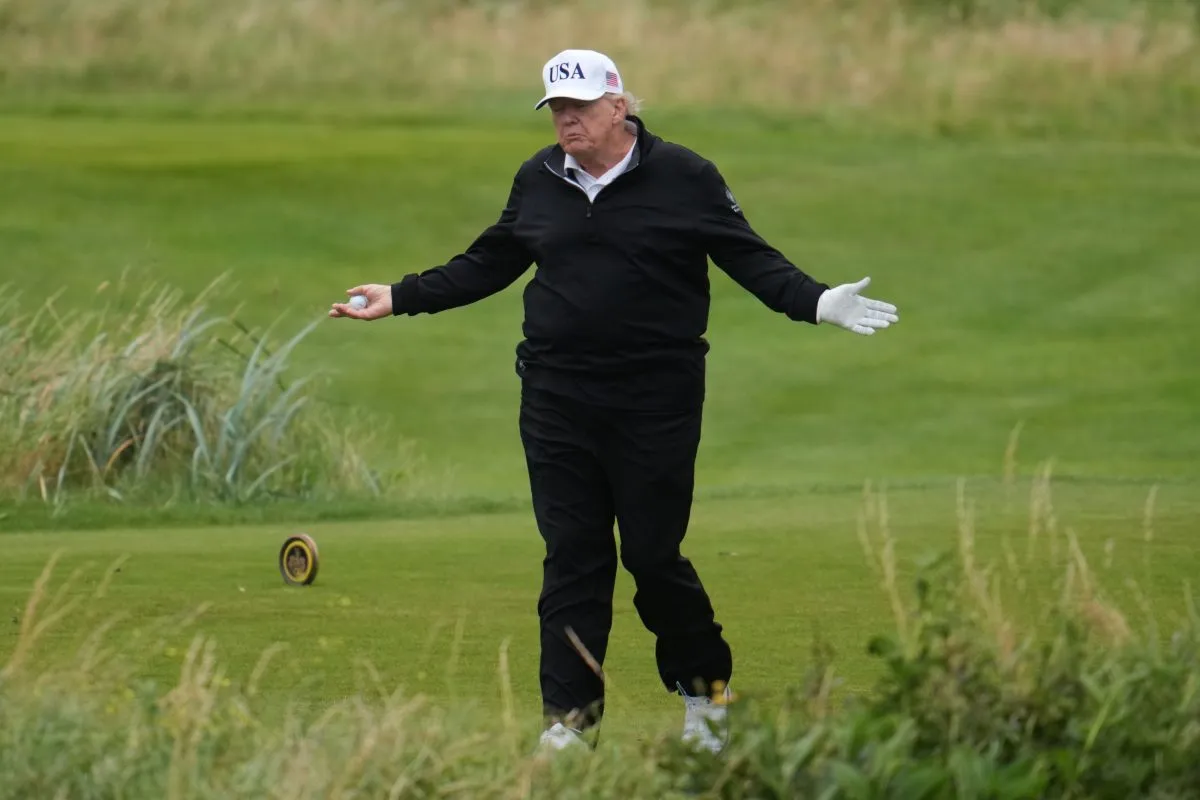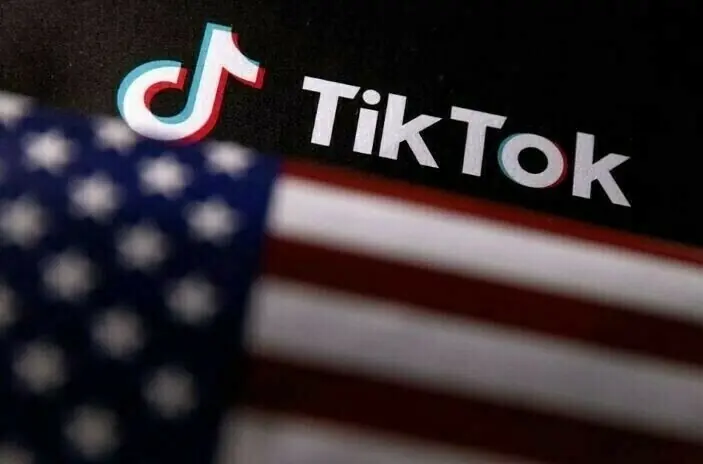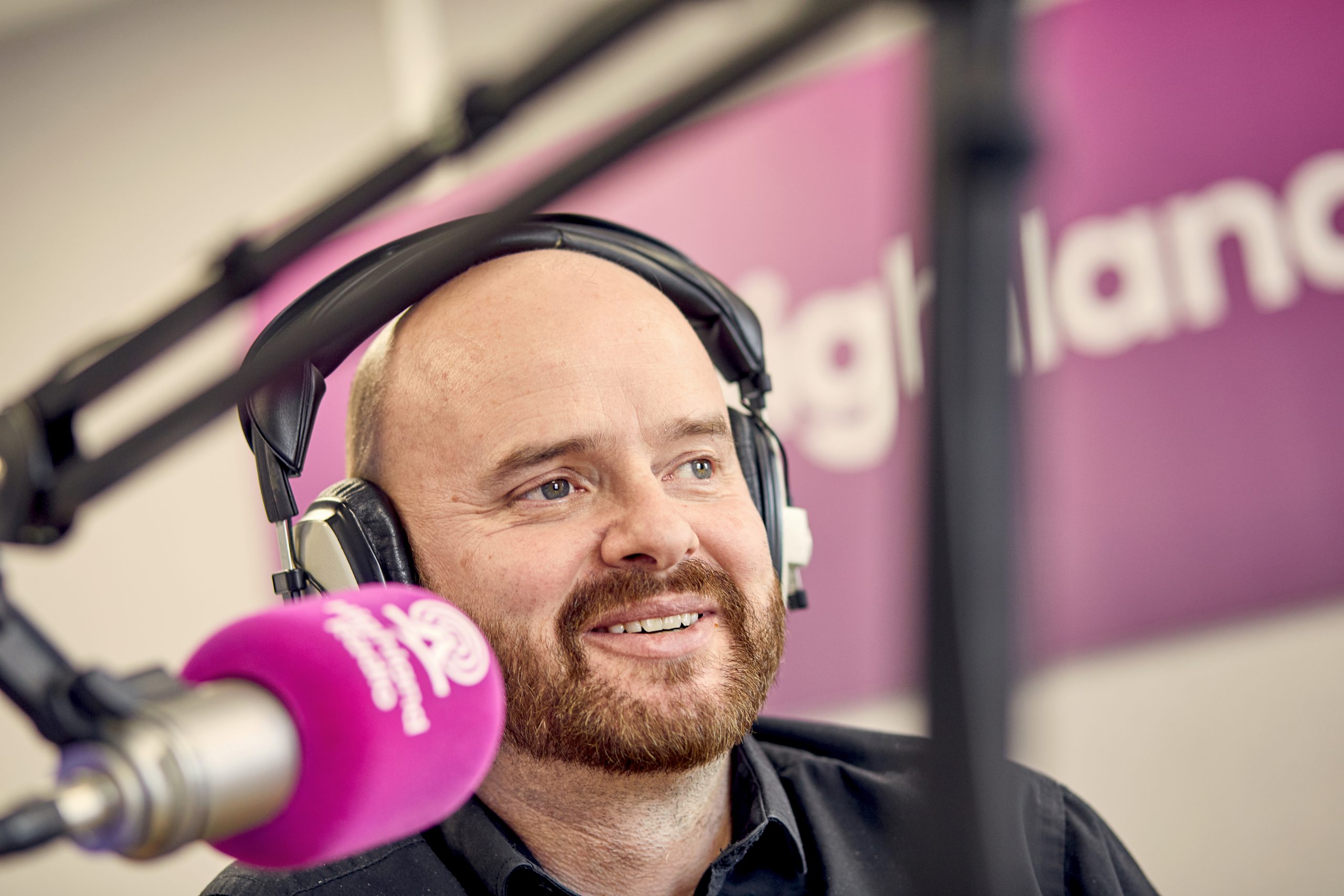By Emmakd
Copyright ghanabusinessnews

Mr Seth Twum-Akwaboah, the Chief Executive Officer of the Association of Ghana Industries, has called for a fair and objective electricity tariff negotiations to ensure the competitiveness of Ghanaian companies.
He said while the survival of the utility companies was important, Ghana still had a challenge of high energy cost.
Mr Twum-Akwaboah was speaking at the 2025 AGI Ghana Industrial Summit and Expo dubbed ‘VRA Day’ on the theme: “Reliable Power and Industrial Growth; Strategies to Unlock Ghana’s Economic Transformation”.
He said that industry needed supply of energy at the most competitive prices because of competition with other foreign companies.
“If you see the influx of goods that is entering our market on a daily basis, and competing and taking us out of the market,” Mr Twum-Akwaboah said, and urged the government to look at the whole energy ecosystem very well.
He said while the recent appreciation of the cedi was good, the flip side of it was that it had made imports cheaper.
“So, if we don’t have an efficient energy cost and a competitive energy cost, then it puts you in a very difficult situation,” he added.
“So, when we are confronted with all these challenges, then we need to look at the ones we can deal with. And I would think the one we can have a bit of a handhold on is the energy situation,” he said.
Mr Twum-Akwaboah said for high energy consuming companies any adjustments in the price level, if not very competitive, would put them in a very difficult situation.
“We appreciate the challenges our energy players have and we must work with them so that they also get the right tariffs to survive and be efficient in their business. So, we work together and I think we should do well to support our industries.”
In a keynote address, the Acting Chief Executive of the Volta River Authority, Mr Edward Obeng-Kenzo, said the country’s economic transformation could only be achieved through strong collaborative relationships between Government, the power sector and the business community with a special focus on industry.
“It is an undeniable fact that Ghana’s path to economic transformation is lit by sustainable power. Let us work together to build an industrial Ghana that is resilient, inclusive, and future-ready,” he said.
“As a community, we believe that industrialisation is the engine of economic development. However, no engine runs without fuel, and in our case, that fuel is reliable and affordable electricity,” he added.
He called for collaboration across all fronts, adding “the solutions we seek will not come from isolated efforts but from collective action.”
Mr Obeng-Kenzo said the future of Ghana’s industrial competitiveness depended on VRA’S ability to deliver power that “is not only sufficient and reliable but also clean and resilient.”
He said the VRA over the past six decades had built comprehensive expertise in system operations, enabling it to reduce losses, improve safety and optimise resources for the efficient delivery of products and services.
“As part of our commitment to advancing energy solutions, the Authority is pursuing several capacity expansion projects while also diversifying our generation mix to reduce reliance on fossil fuels and strengthen energy security for the people of Ghana and beyond,” he said.
He said the Authority also remained committed to modernisation, digitisation and plant upgrades to further enhance operational efficiency.
Mr Obeng-Kenzo said the VRA would continue to actively engage both the public and private sector players to develop energy solutions tailored to their needs within the industrial clusters, special economic zones, and export-oriented manufacturing hubs.
It would continue to invest in staff to build a future-ready workforce capable of driving innovation in energy delivery and industrial support.
“VRA’s commitment to sustainability is unwavering, and we remain dedicated to delivering top-notch, responsible services to our Stakeholders,” he added.
Source: GNA



